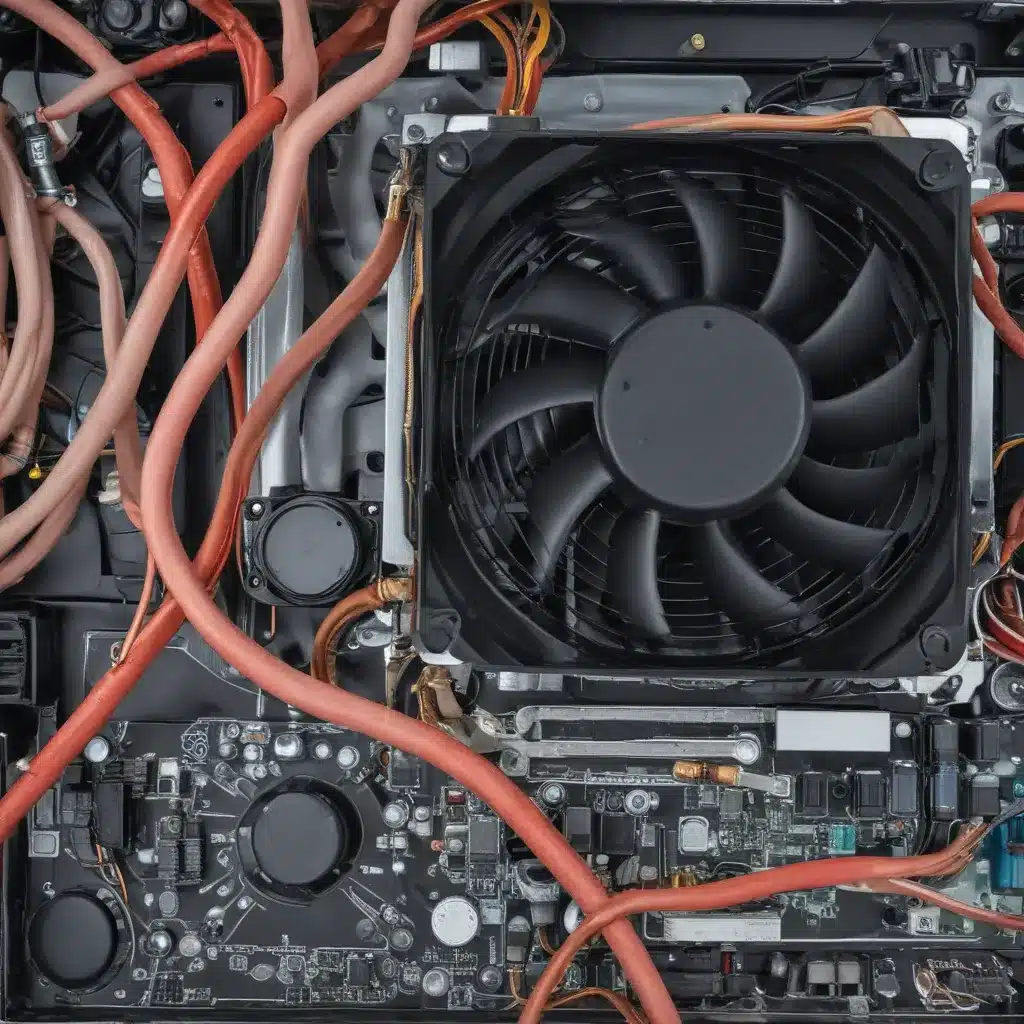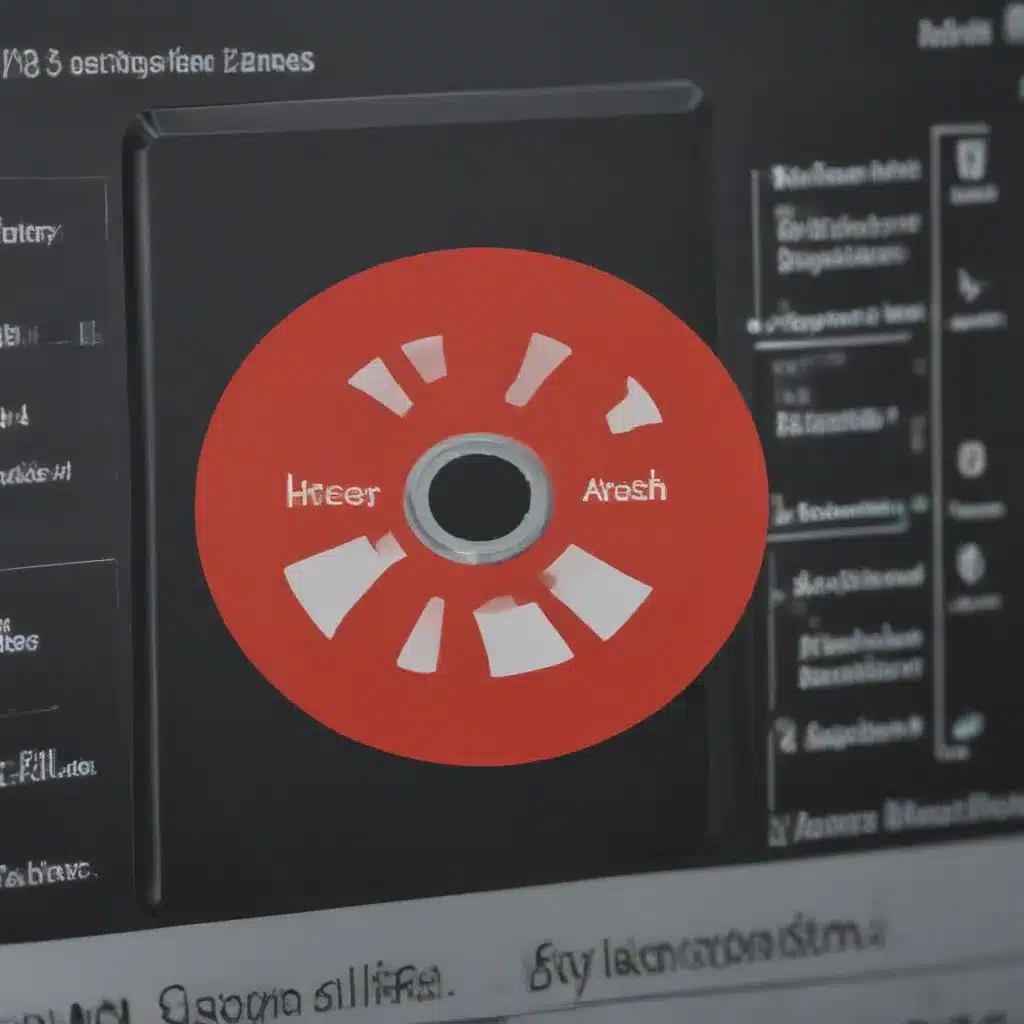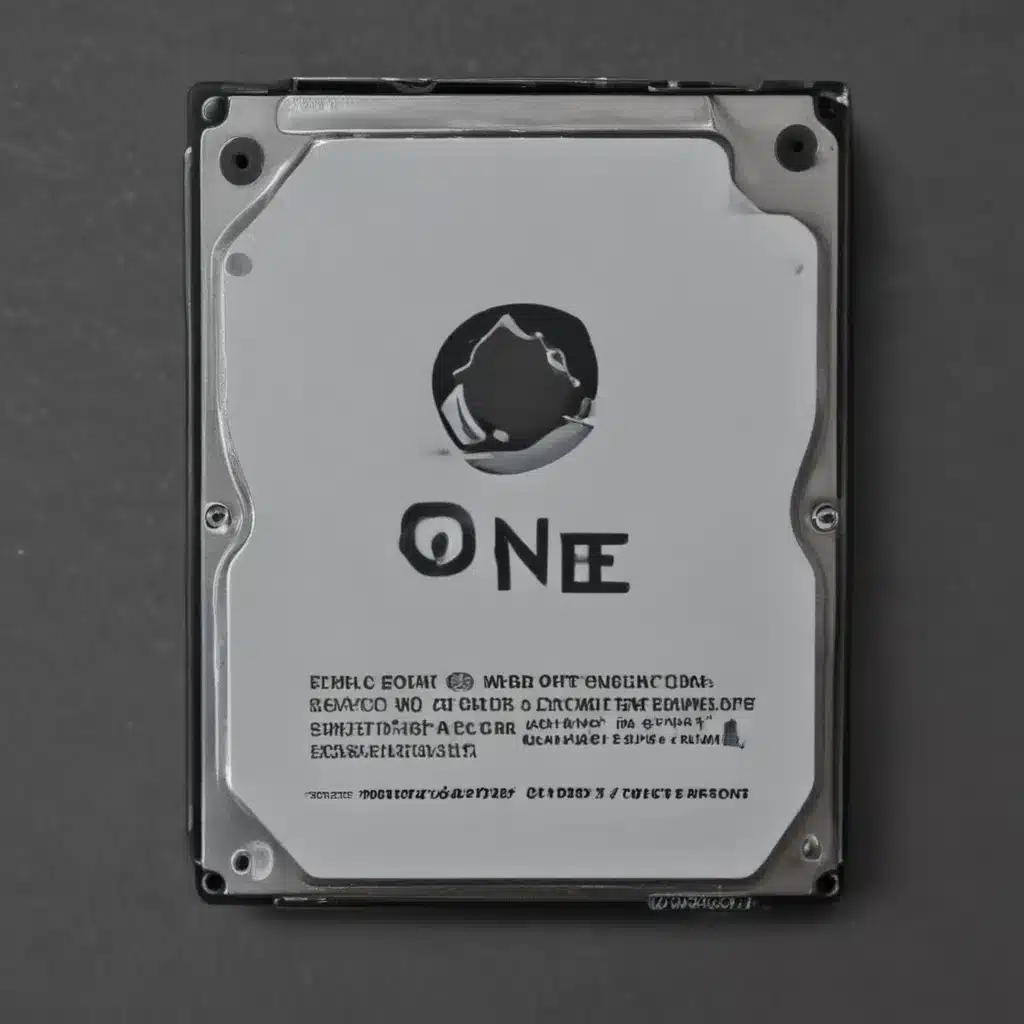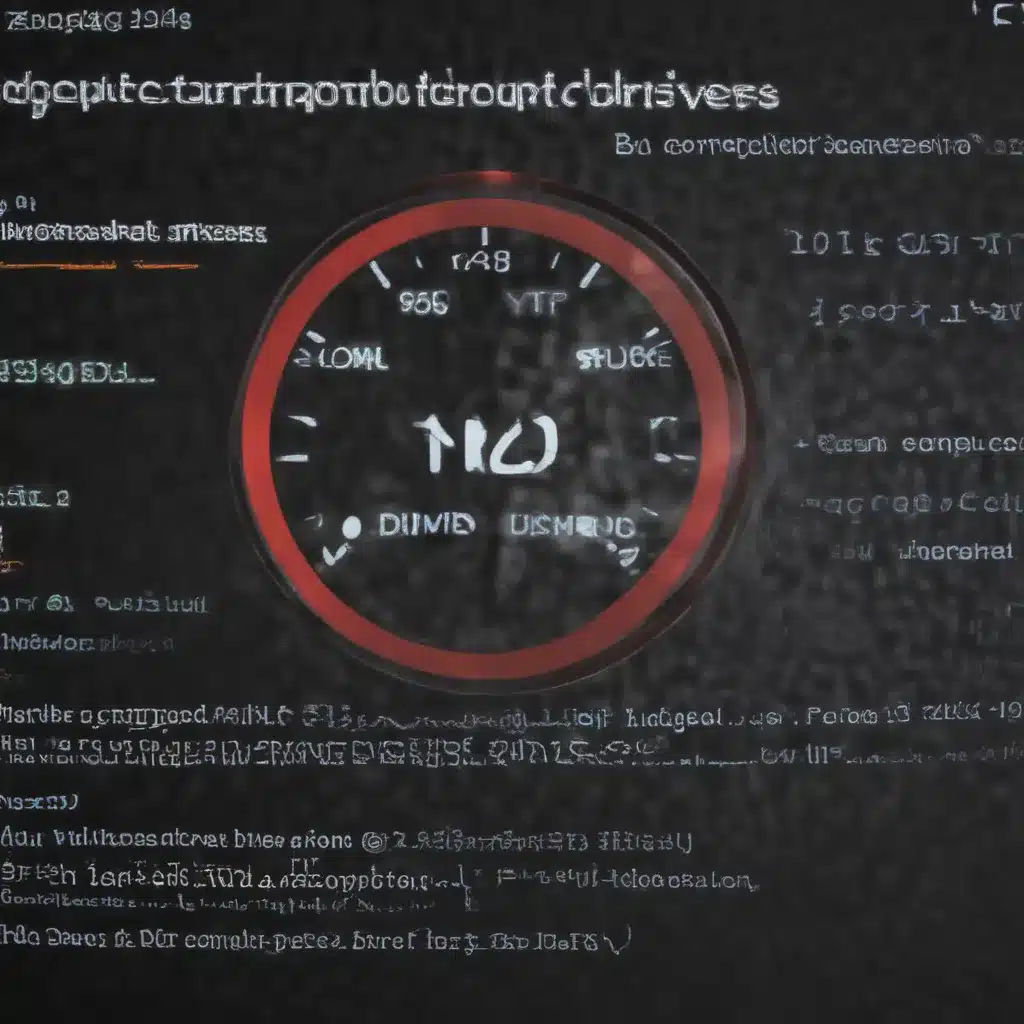The Ethical Implications of AI in the Workplace
As artificial intelligence (AI) continues to integrate into the workplace, it brings with it a host of ethical implications. From concerns about job displacement to biases in decision-making, AI has the potential to revolutionize the way we work, but it also raises important questions about the role of technology in the workplace.
The Impact of AI on Jobs
One of the most significant ethical concerns surrounding AI in the workplace is the impact it will have on jobs. As AI becomes more advanced, it has the potential to automate many tasks that are currently performed by humans. This could lead to significant job displacement, particularly in industries that rely heavily on manual labor.
However, supporters of AI argue that it will create new jobs and opportunities. For example, as AI becomes more prevalent, there will be a growing demand for workers who can develop and maintain these systems. Additionally, AI has the potential to free up workers from mundane tasks, allowing them to focus on more creative and fulfilling work.
Bias in AI Decision-Making
Another ethical concern surrounding AI in the workplace is the potential for biases in decision-making. AI systems are only as unbiased as the data they are trained on, and if the data is biased, the system will be biased as well. This could lead to discriminatory hiring practices, wage disparities, and other forms of workplace discrimination.
To address this concern, companies must ensure that their AI systems are trained on diverse and unbiased datasets. Additionally, there should be oversight and regulation to ensure that AI systems are not making decisions that perpetuate existing biases.
Privacy Concerns
AI in the workplace also raises concerns about privacy. As AI systems collect vast amounts of data about workers, there is a risk that this data could be misused or exploited. For example, employers could use AI to monitor workers’ behavior and activities, which could be seen as invasive and unethical.
To address these concerns, companies must be transparent about the data they collect and how it is used. Workers must also have the right to access and control their personal data.
The Need for Ethical Guidelines
Given the potential for AI to impact workers in significant ways, there is a growing need for ethical guidelines and standards for the use of AI in the workplace. This includes guidelines for data privacy, bias in decision-making, and the impact of AI on jobs.
Additionally, companies must be held accountable for the ethical implications of their use of AI. This could include oversight and regulation to ensure that AI systems are being used in a responsible and ethical manner.
Conclusion
As AI continues to integrate into the workplace, it brings with it a host of ethical implications. From concerns about job displacement to biases in decision-making, AI has the potential to revolutionize the way we work, but it also raises important questions about the role of technology in the workplace. To ensure that AI is used in a responsible and ethical manner, there is a growing need for ethical guidelines and oversight.













